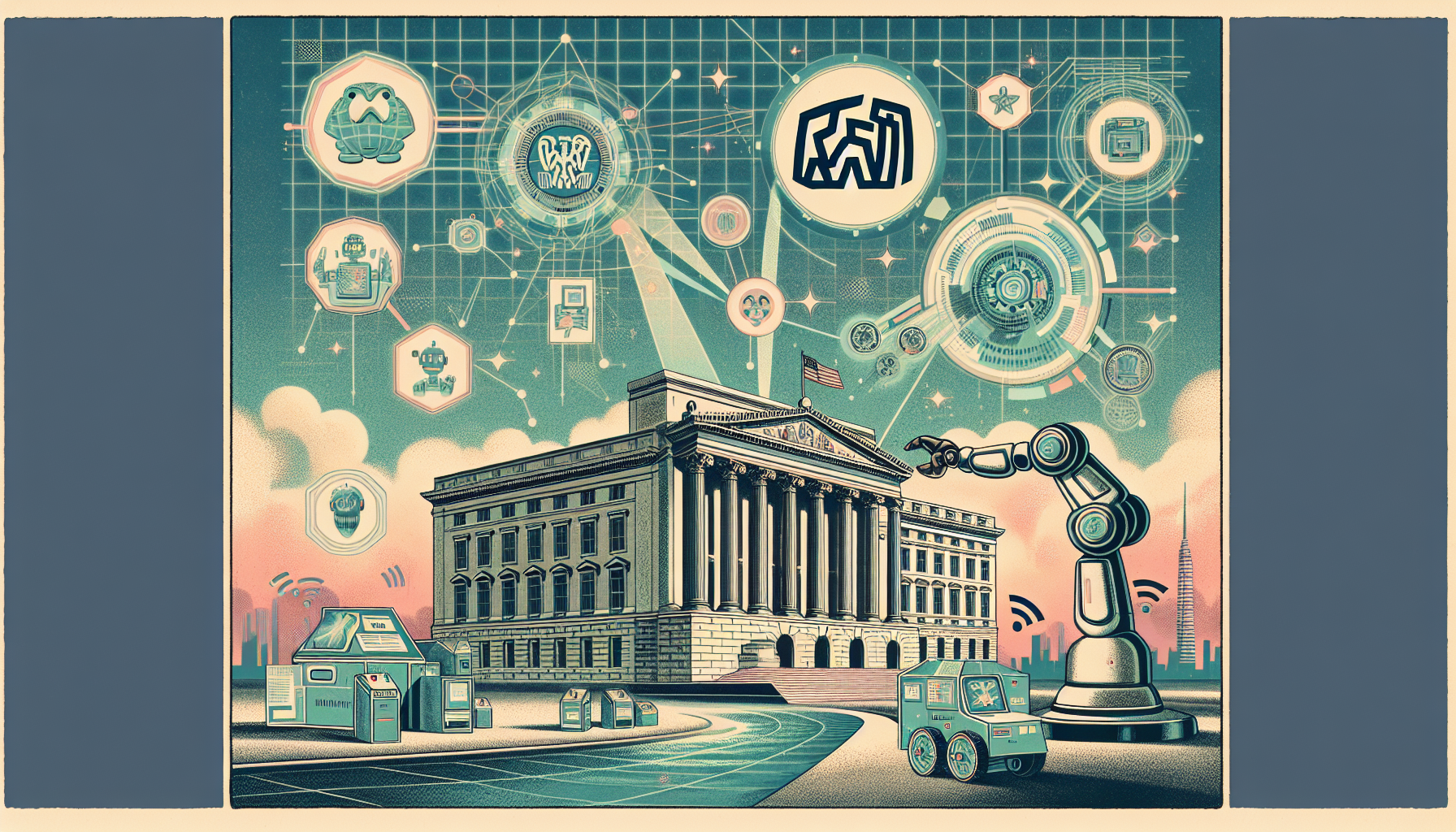The U.S. Internal Revenue Service (IRS) is taking a thoughtful pause in its journey of technology modernization to explore how new AI technologies can be woven into its operations. This strategic pause is part of a larger plan to embrace technology that can boost efficiency and improve the way they assist customers.
Background on IRS Modernization
In recent years, particularly under President Biden’s administration, the IRS has been dedicated to modernizing its systems. Much of this effort was supported by significant financial resources provided through the 2022 Inflation Reduction Act. This funding powered initiatives like the free filing system for tax returns and AI-driven customer support tools. However, there has been political pressure, especially from Republicans in Congress, to cut back on these funds. This has prompted the IRS to reconsider how it moves forward with modernizing its systems.
The Role of AI in IRS Operations
AI technology could play a major role in transforming the future of the IRS. It has the potential to streamline processes, make tax collection more efficient, and enhance the customer experience through smart tools, like automated chat support. A key focus is on AI’s ability to work with old systems by extracting functional logic, making true modernization a reality, rather than just managing risks. Part of this involves updating outdated systems that rely on programming languages from the 1960s, such as COBOL, which are becoming increasingly hard to support due to a decline in skilled developers.
Impact on Workforce and Operations
Although there are no plans for any immediate reduction in staff, the pause is seen as a chance to align personnel with these emerging technological tools and methodologies. It could involve training staff to use AI effectively or adjusting roles to emphasize areas where human insight and skill are most necessary. This alignment aims to ensure that the IRS workforce is ready to work alongside advanced technologies.
Challenges and Opportunities
Modernizing the IRS is not without its hurdles. The complexity of its current systems and a reliance on numerous third-party contractors pose challenges that can increase project costs and cause delays. The IRS aims to reduce its dependency on these third-party systems, enabling a more streamlined operation. Integrating AI offers a promising opportunity to navigate these challenges and reach a modern and efficient operational state.
Conclusion
By pausing to evaluate AI, the IRS is strategically positioning itself to enhance service delivery and operational efficiency through modern technological advancements. As the IRS adapts to these changes, balancing technology integration with thoughtful workforce adjustments will be essential. This approach will help ensure the IRS continues to effectively serve taxpayers and collect revenue.

Leave a Reply